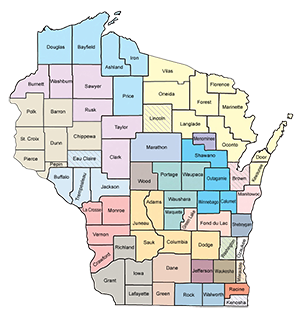| by Gina Cook, Lori Roggman & Lisa Boyce in Family Science This unique effort to examine the contributions of both mothers’ and fathers’ play with their children to children’s academic outcomes at the end of elementary school supports much of the work that Early Head Start does with families. The authors worked with 229 children from the Early Head Start Research and Evaluation Project and observed parental interactions when children were 2 and conducted assessments at age 3 and 5th grade. Analysis found that for children who had a biological father living with them, both mother and father made separate contributions to academic outcomes; for children without a biological father in the home, the father’s contribution was not significant. For children in the two-parent setting, outcomes were mediated by early development; for children in other types of families, Early Head Start enrollment was also a significant contributor to outcomes. Of note, fathers living with children did not provide higher stimulation to children but seemed to support greater maternal cognitive stimulation of children.In terms of applications to Early Head Start, this research offers support for the idea that a single parent can have a significant impact on their child’s outcomes through early childhood interactions if they are effective, and Early Head Start can support that effectiveness. This study also provides evidence of the effect fathers can have on development, and a rationale for the fatherhood engagement efforts going on in Early Head Start and Head Start programs across the country. The full article is available at the link above for a fee; a longer description is available from Ed Week. |
(608) 275-3722

